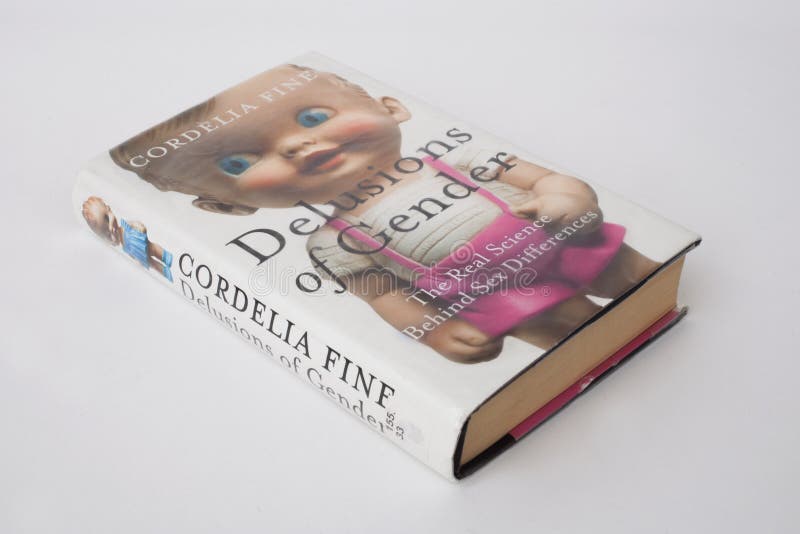

Many parents called on evolutionary or divine reasons to explain why there should be innate biological differences between girls and boys (although most also mentioned social factors). She interviewed forty-two parents of preschoolers, from a wide range of backgrounds, and asked them why they thought that their sons or daughters sometimes behaved in sex-typed ways. (The next most frequent reaction is a polite edging away.) This is a common experience, found sociologist Emily Kane. When I tell parents that I’m writing a book about gender, the most common response I get is an anecdote about how they tried gender-neutral parenting, and it simply didn’t work. Comment from Emily Kane’s interview study (2006) It’s made me think a lot more about genetic influence, she’s got two X chromosomes, and that somehow, I don’t know, because we don’t push the Barbie stuff at all, in fact I would prefer her not to have it… so I’m kind of intrigued at how even though I am sort of doing the middle of the road, that she is nonetheless veering over toward being more feminine, and I think it’s genetic.” (White, upper-middle class, lesbian mother, describing her three-year-old daughter).

Chapter 17, pages 190-196: regarding the fallacy of gender-neutral parenting.


 0 kommentar(er)
0 kommentar(er)
